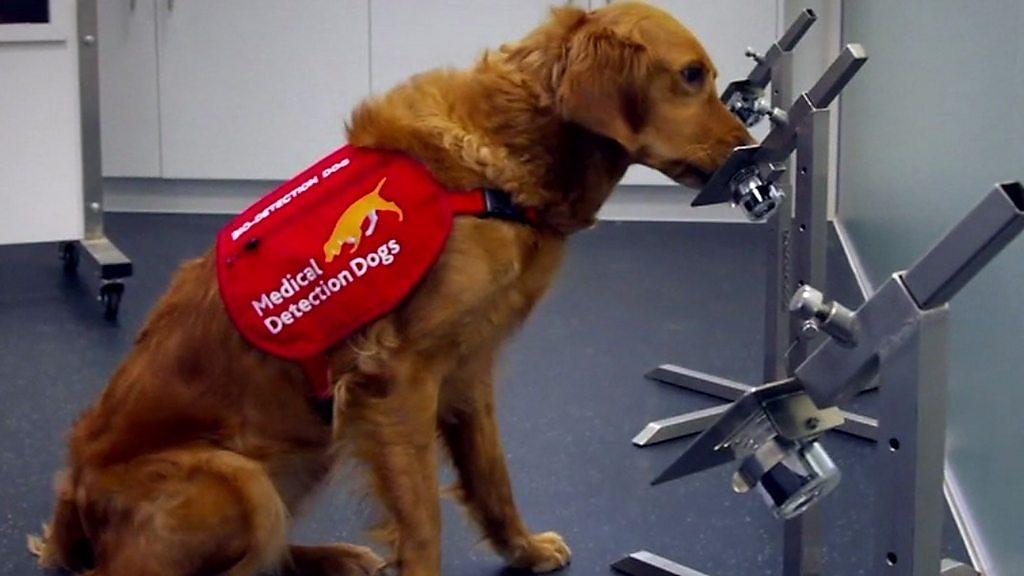Corona Detection Dog Finally, Very High Success Rate, Research National Geographic Japan Version Site
Tukka likes to play with Frisbee. Grizz likes soft orange balls. Toby spends his spare time taking a nap or barking at a passing car. He's a dog that seems to be everywhere, but in fact he has amazing abilities. They are detection dogs that can sniff out those infected with the new coronavirus.
PCR tests and the like are usually used for infection with the new coronavirus. Meanwhile, a research team at the University of Pennsylvania's School of Veterinary Medicine has been working to determine whether dogs have the ability to detect the presence or absence of infection.
The results of this PoC (proof of concept) experiment were published in the academic journal "PLOS ONE" on April 14. The paper reveals that the urine and saliva of new coronavirus-positive individuals have an odor that can be identified by dogs. The virus was inactivated in all experiments. Researchers are currently experimenting with dogs to see if dogs can sniff out virus-laden sweat-laden T-shirts with the help of Tukka, Grizz, Toby, Rico, and Roxy.
If dogs can accurately detect the odor of a new coronavirus-infected person in their clothing, they may be able to patrol public places such as airports and stadiums to find the infected person.

"The big question is whether it can actually be put to practical use." Cynthia Otto, senior author of the paper and director of the Working Dog Center at the University of Pennsylvania Veterinary Medicine, said. "If dogs can identify infected people, the possibilities for the future will increase."
Cynthia Otto, director of the Working Dog Center, which trains German Shepherd Rico. She believes that training detection dogs can be used to detect new corona infections in public facilities such as airports and stadiums in the future. (PHOTOGRAPH BY SABINA LOUISE PIERCE) [Click the image to go to another page]Detects the smell of sweat from infected people
Dogs, which have a sense of smell 1000 to 10,000 times better than humans, are already active in many situations. For example, Parkinson's disease, diabetes, some types of cancer, aura of epileptic seizures, malaria, and other illnesses can be detected at an early stage. (Reference article: "[Video] Dog smells of epileptic seizures, first proof" )
He also cooperates with search and rescue teams in the event of a natural disaster and is a reliable companion for finding hidden explosives in military operations. At customs, detection dogs are also active in search of smuggled goods such as drugs and ivory in collaboration with inspectors. In addition, it may track poachers and detect endangered and invasive alien species. (Reference article: "Dog protecting soldiers on the battlefield" )
Next page: Detects 96% correctly in urine and saliva
From here onward, only members of the "National Geographic Japan Version Site" (registration is free) can use it.
Benefits of membership registration (free)